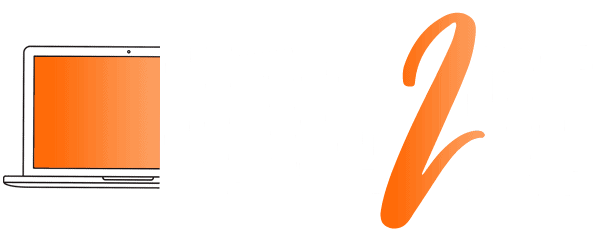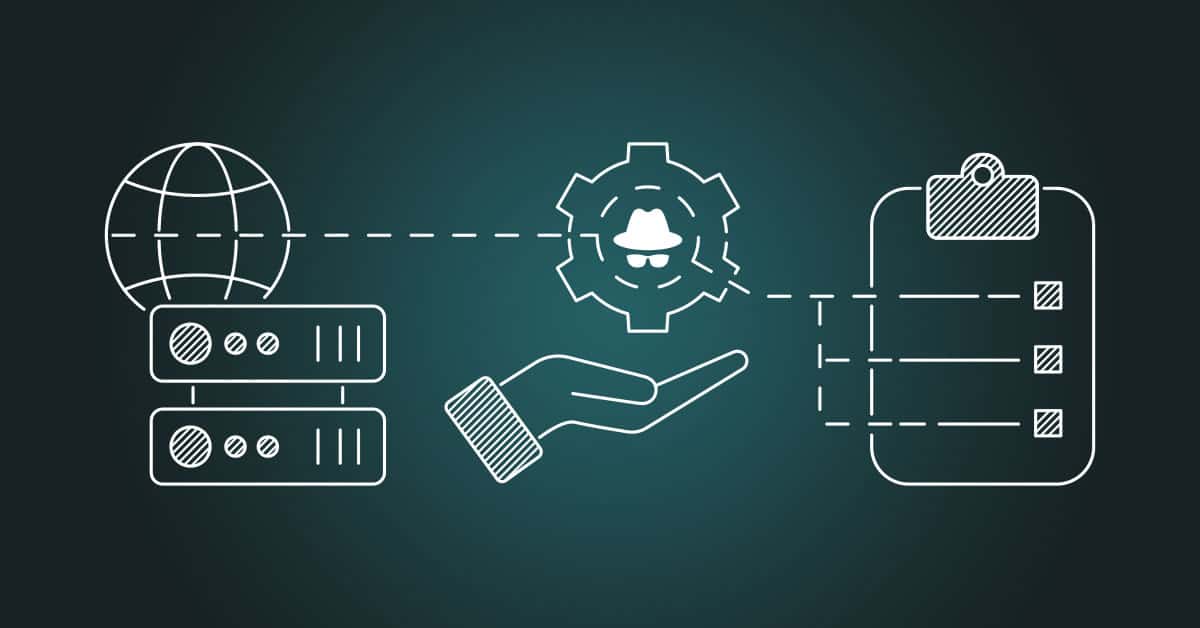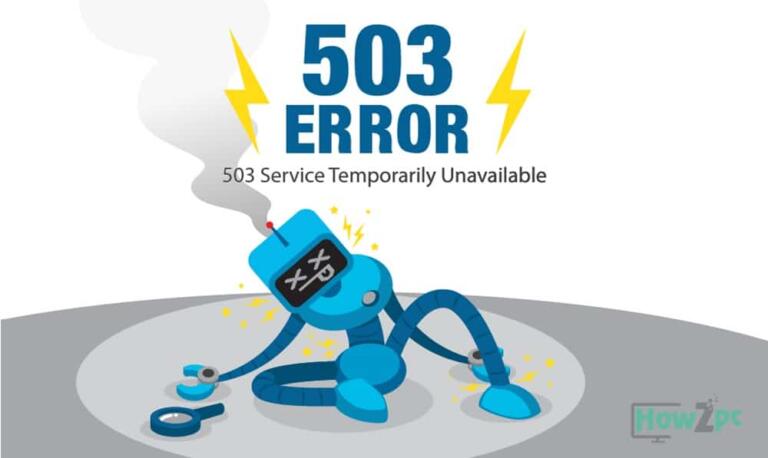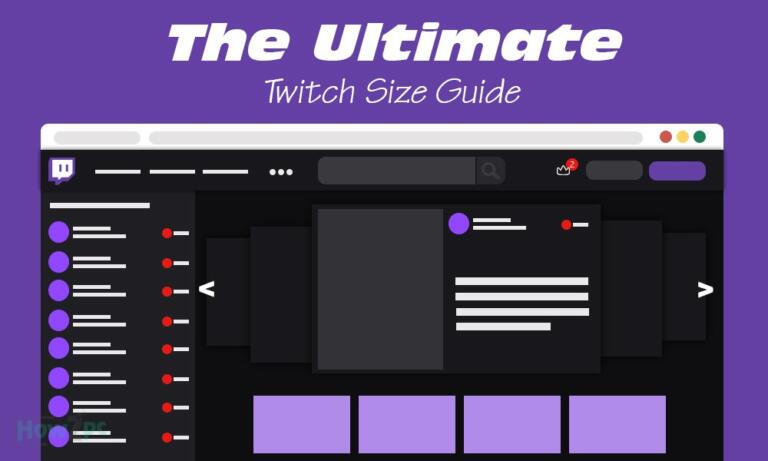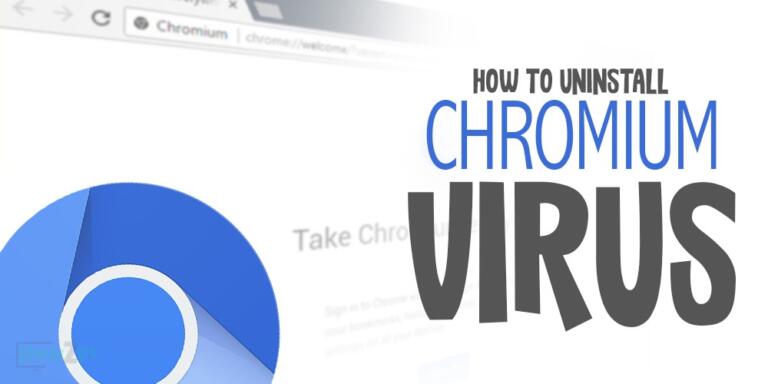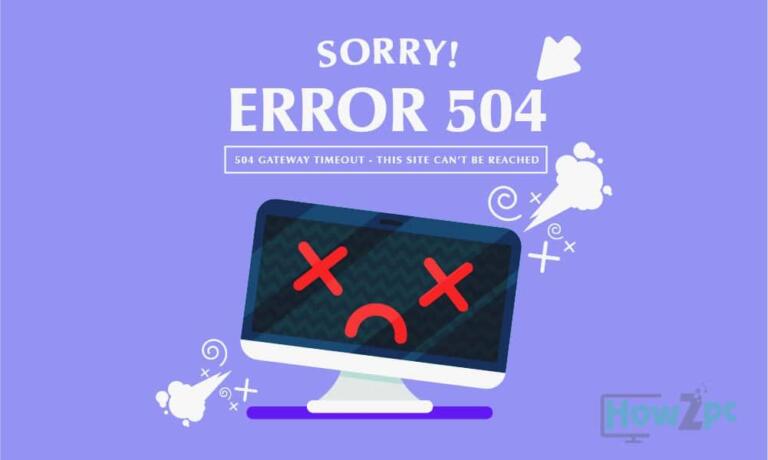Web scraping is a common practice among organizations for monitoring competitor websites or social media platforms to gain valuable insights into consumer behavior or industry trends. This process allows companies to create new data sets that can be analyzed and applied in several ways.
However, users face many challenges during this process, including anti-scraping measures. To get around these measures, many companies opt for proxies as the ultimate solution.
A proxy is an intermediary server that accepts incoming requests from the user and forwards those requests to the web server. It serves as a gateway between the client and the web with its own IP address.
While there are different types of proxies available, users face difficulty in choosing the right one to fulfill their scraping needs. In this post, we’ll cover the connection between web scraping and proxies, in addition to highlighting the main proxy features and types to help you make the best decision.
Web Scraping and Proxies
Also called web data extraction, web scraping is a process of extracting content and data from web pages. It is widely used by individuals and businesses alike to utilize publicly available web data to generate insights and make smarter decisions. Specialized tools are used to extract underlying HTML code and data stored in the database and convert it into structured form so that it can be used in various applications.
However, at times, web scraping can become challenging since websites have implemented measures to prevent data collection. One way to overcome such challenges is to use proxy servers.
Using a proxy for web scraping presents several benefits, like hiding the user’s IP address, enabling simultaneous requests, bypassing measures like CAPTCHAs, and allowing access to region-specific content. Proxies route user requests through various IPs, enabling them to scrape data more efficiently while protecting their identity.
Proxy Server Features
Using proxy servers for web scraping is vital. But having a plethora of proxies available, it might get difficult to choose the right one for your business. Below are the main features that a proxy needs to have to achieve good scraping results:
Anonymity
The number one feature to look for in a proxy server is anonymity. Based on the anonymity level, proxies are divided into three groups: transparent, anonymous, and premium proxies. Premium proxy servers are the most reliable and secure proxies that stop the resources from accessing your real data. Anonymous proxies enable users to conceal their real IP address, whereas transparent ones don’t hide the data at all.
Reputation
If a proxy vendor does not function according to high ethical standards, there are chances that you can get exposed to significant security risks. A provider must comply with an ethical privacy code to ensure the safety of all its customers.
The principles must be in accordance with the General Data Protection Regulation (GDPR). Furthermore, a reliable provider takes the device owner’s permission prior to redirecting request data using their IP address.
Customer Support
Working with proxy servers may cause different technical problems. So, it is important to work with a provider who offers an excellent customer support system at all times. The support staff should be available to solve any sort of technical problems.
IP Pool Size
Another major thing to consider when choosing a proxy is the number of proxies available. This is highly important if you need to work on a project that demands proxies from various locations.
If the proxy pool is small, this indicates that they have a limited number of available IPs and may not meet the needs of large projects. In addition, a small proxy pool is more prone to IP blocking.
On the other hand, a large proxy pool offers extra specificity and a guarantee to access a website by city/country. Businesses that need to access sites in different locations must look for a proxy provider with a great proxy pool management system.
Types of Proxy Servers
Different types of proxies are used to perform web scraping based on business needs. Below are the main types of proxy servers used in different scenarios:
Data Center
Data center proxy servers are IPs that originate from data centers. It uses an IP address or pool of IPs; therefore, businesses use data center proxies for scraping on a large scale. Also, this proxy is the cheapest of all, which makes it the most popular choice among web scrapers.
Residential
Residential proxies are IPs provided by an Internet Service Provider (ISP). These proxies provide a higher level of anonymity and security. Since they are quite expensive, residential proxies are usually used to perform small-scale web scraping.
One of its types is the rotating residential proxy. A rotating proxy substitutes new IP addresses for an already-open connection with a user at specified intervals. Companies opt for a rotating proxy for scraping complex targets as it assigns a new IP for each connection.
Mobile Proxy
Mobile IP addresses are assigned by mobile service providers with a low risk of getting blocked. These proxies are ideal for teams with low engineering resources and simple data scraping needs. Since mobile proxies are extreme versions of residential proxies, they are even more costly.
Conclusion
To analyze competitor behavior, monitor market trends, or improve products and services, companies should leverage web scraping as important technology that can help them stay competitive and succeed in today’s increasingly digital space.
However, this process can sometimes get difficult to handle without the use of proxy servers. A variety of proxies are available, but picking the best one can be challenging. Simply consider the features of each one and choose according to your preferences.
